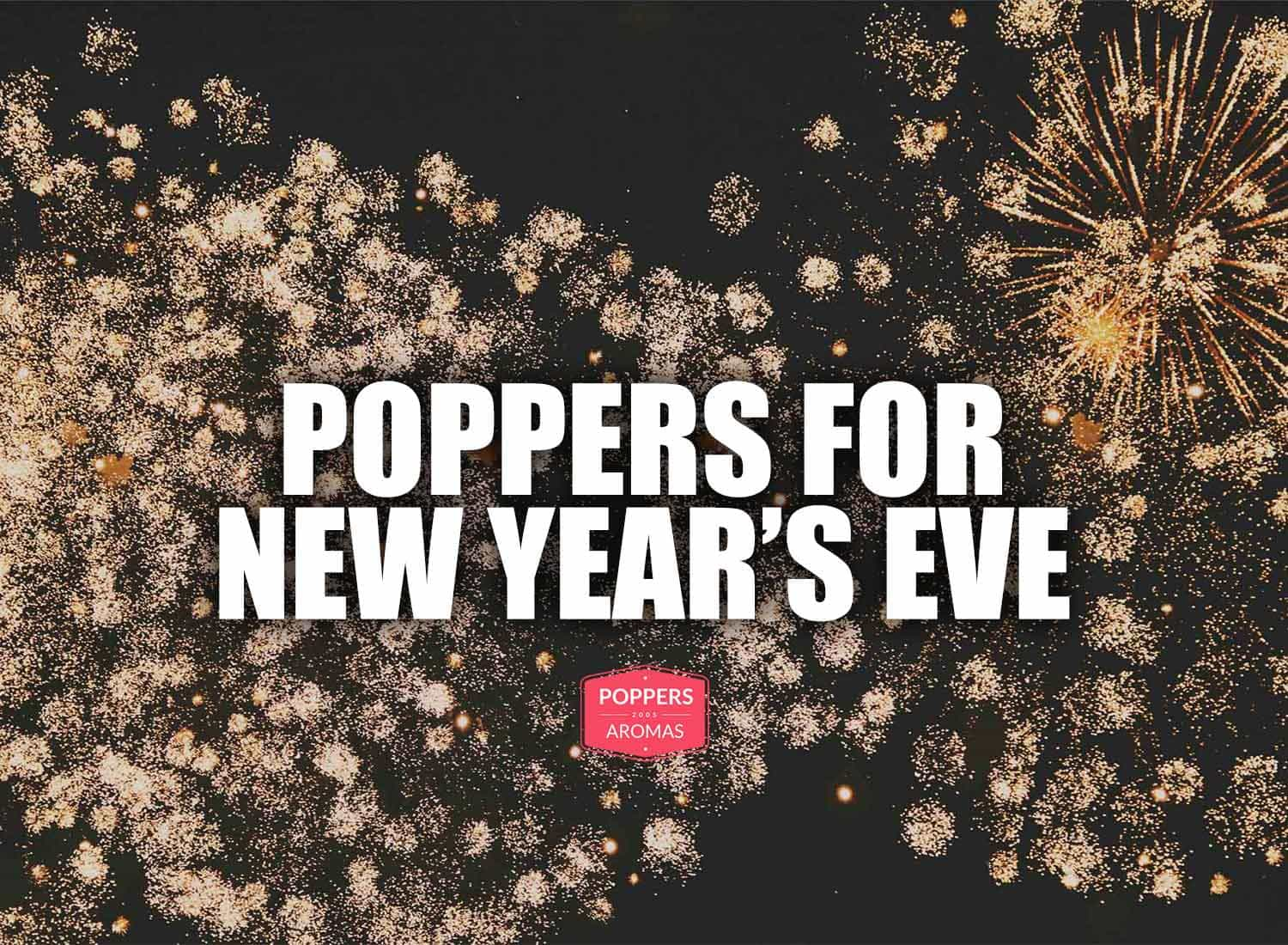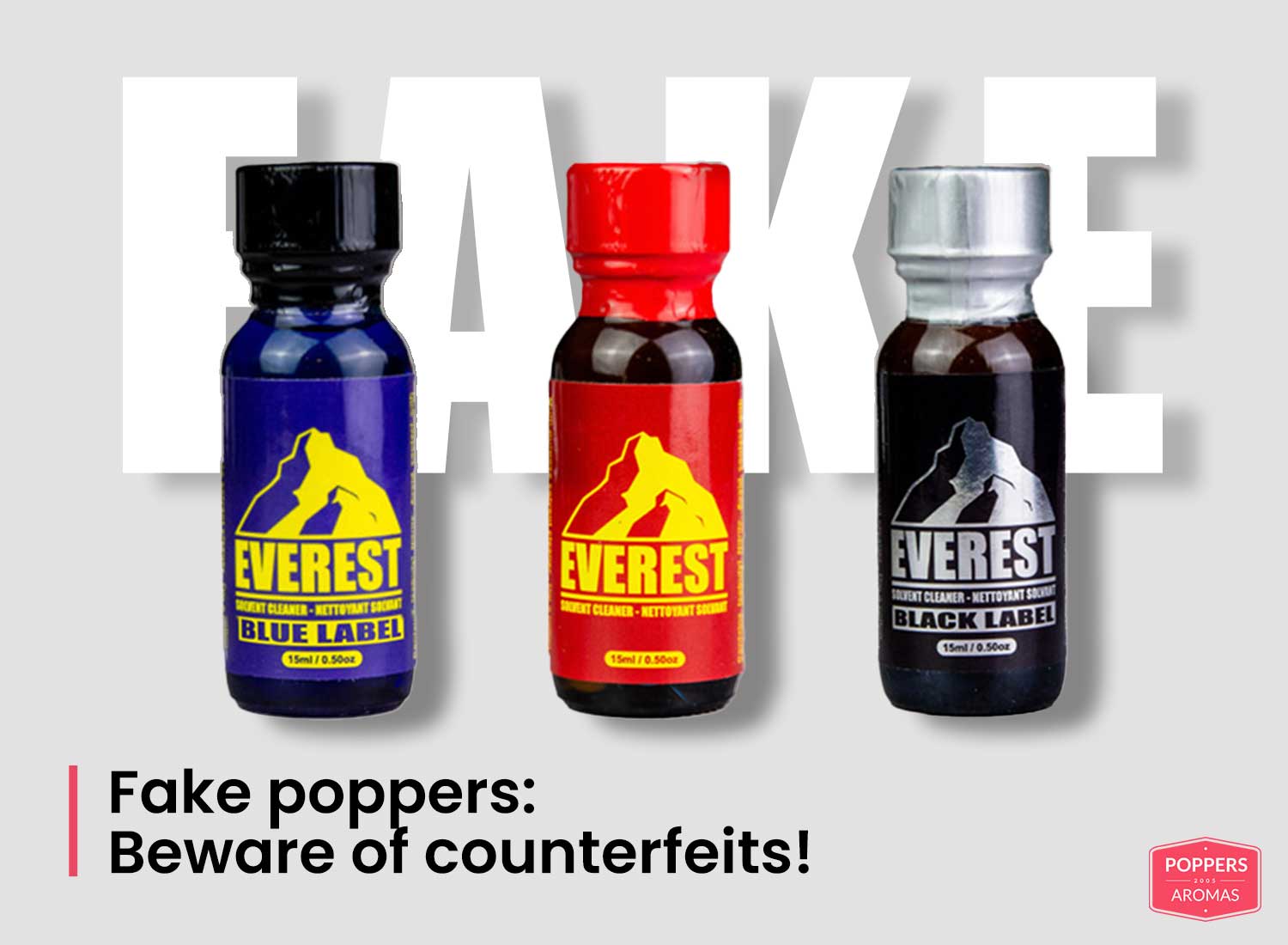Unfortunately, poppers usually made from amyl nitrite or other compounds have a limited lifespan. Apart from evaporation or repeated use, the poppers will degrade over time and no longer produce any effect at a given time. The bottle should therefore be discarded! Many people ask themselves what to do at that moment.In this article we will answer this question exhaustively.
Table of Contents
ToggleWhy does poppers degrade over time?
There are several reasons for this phenomenon. First of all, you need to know that every time you open your bottle, the ambient air may be charged with moisture, but also with dust. Steam of water as well as oxygen will degrade the composition of your poppers. Amyl or butyl nitrite have the property of being extremely volatile. They will therefore necessarily evaporate over time.
Moreover, when your bottle is almost empty, there is essentially nitrite left, which can be harmful to your health. We therefore advise you to stop using it. Heat, or even temperature, is also one of the factors that accelerate the aging of your poppers. Remember to store your bottle in a cool place.

How do I know if I should discard my poppers?
If you find that a foul odour comes into your nostrils when you open your bottle, then it is time to throw it away. Your poppers have lost its freshness and could even cause health damage. Look carefully at the surface of the liquid in the bottle. If you see dust or small foreign bodies, it is time to get rid of it. These small particles of material show that the poppers have degraded to an advanced stage. You breathe in the vapours of your favourite poppers, but the effects are weak or even non-existent.
Here again, we advise you not to take any risks and to throw away your bottle. The compound no longer exists in the bottle and there is no point in inhaling the remaining base… Similarly, if the active ingredient no longer exists in the bottle, there is no point in inhaling the remaining base. you have to breathe the chemical compound more strongly to obtain the same level of effect, it means the solution is expiring. Never take unnecessary risks and buy a new poppers!
Are there use-by dates for poppers?
French legislation requires that a use-by date be noted on each bottle. This point of view is very different for Anglo-Saxon countries where this rule does not necessarily exist.
Nevertheless, French legislation is evolving. From January 2020, each bottle will carry an expiry date. In general, we advise you to dispose of your bottle after 3 or 4 weeks of use. In this case, you will not be taking any health risk and you will be able to continue using it for a longer period of time.
Always enjoy the strong effects of a high quality popper. Whether it is made from butyl nitrite, isopropyl nitrite, pentyl nitrite or amyl nitrite, it will not change the effect of your popper. Oxygen in the air, humidity but also evaporation will inevitably cause a degradation of the compound.
The risks of consuming an expired popper
As we have seen, over time, the composition of your poppers will degrade under the combined effect of ambient water vapour and natural evaporation. The risk of inhaling an expired popper is that your nasal septum may become irritated more easily, or even cause headaches that are quite strong and cause marked irritation of your bronchial tubes.
When in doubt, it is better to get rid of a bottle that looks suspicious to you, than to play with your health. A little extra tip: always buy your poppers from a serious and recognized retailer.
This is the assurance of benefiting from a quality chemical compound manufactured according to strict standards. Like Poppers Aromas!
What to do with empty popper bottles?
We offer you two solutions:
The first one, a little surprising, is to use what remains in the bottom of your bottle as
a cleaner. For example, to clean old trainers, a piece of furniture to be stripped, or a glass or mirror that has traces. You will soon find that an expired poppers is effective in terms of cleaning!
The other solution is to store all your empty bottles in a safe place and then take them to the waste disposal site. This is an ecological and civic gesture, which will prevent nitrites from polluting the water table. Don’t take the easy way out by pouring the rest of your bottles into your sink, as this is very damaging to the environment! Obviously, do not rinse out your expired bottles, as nitrite could easily leak into the pipes…





